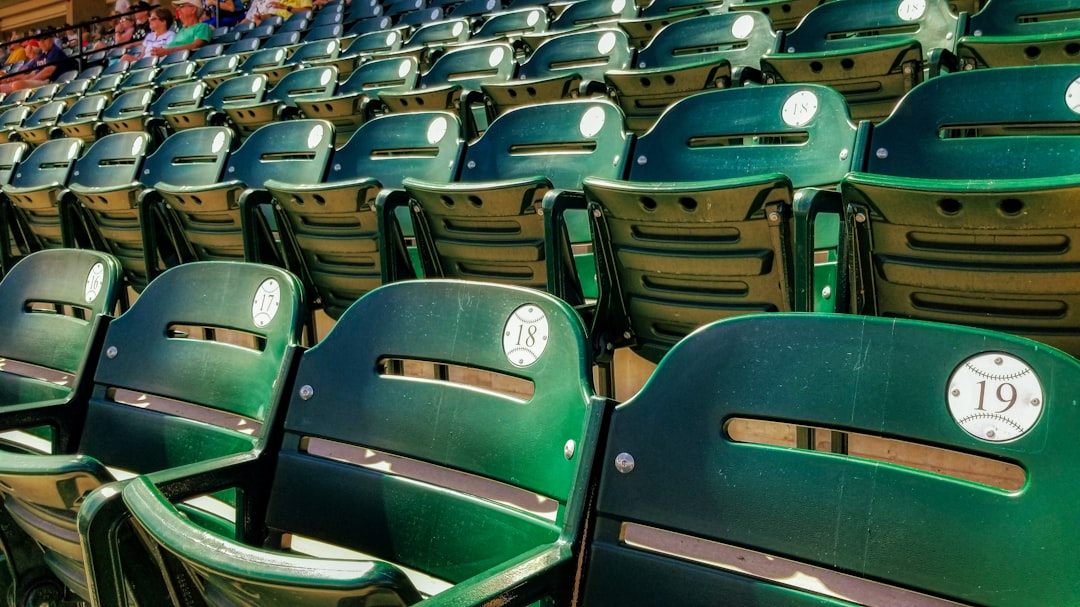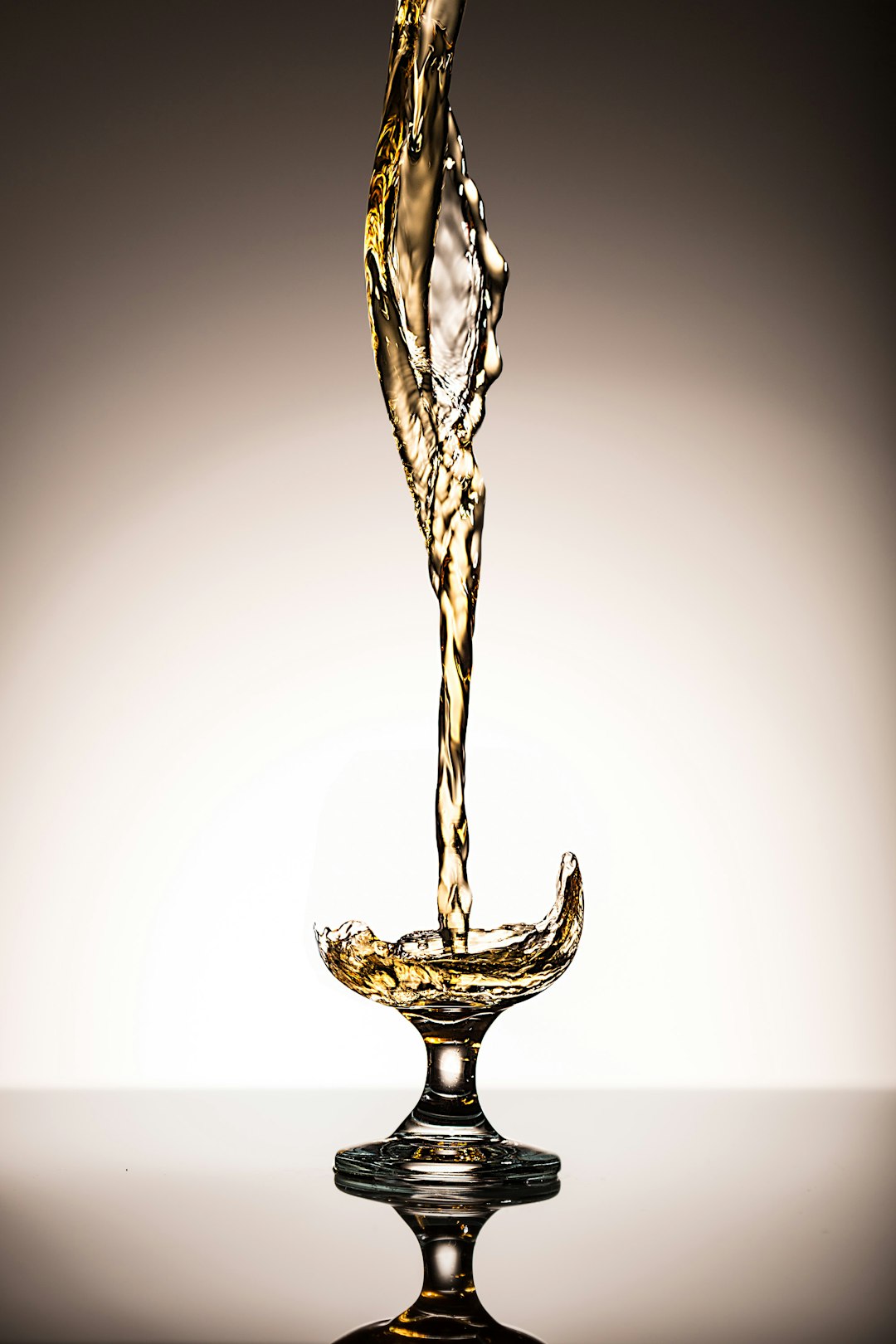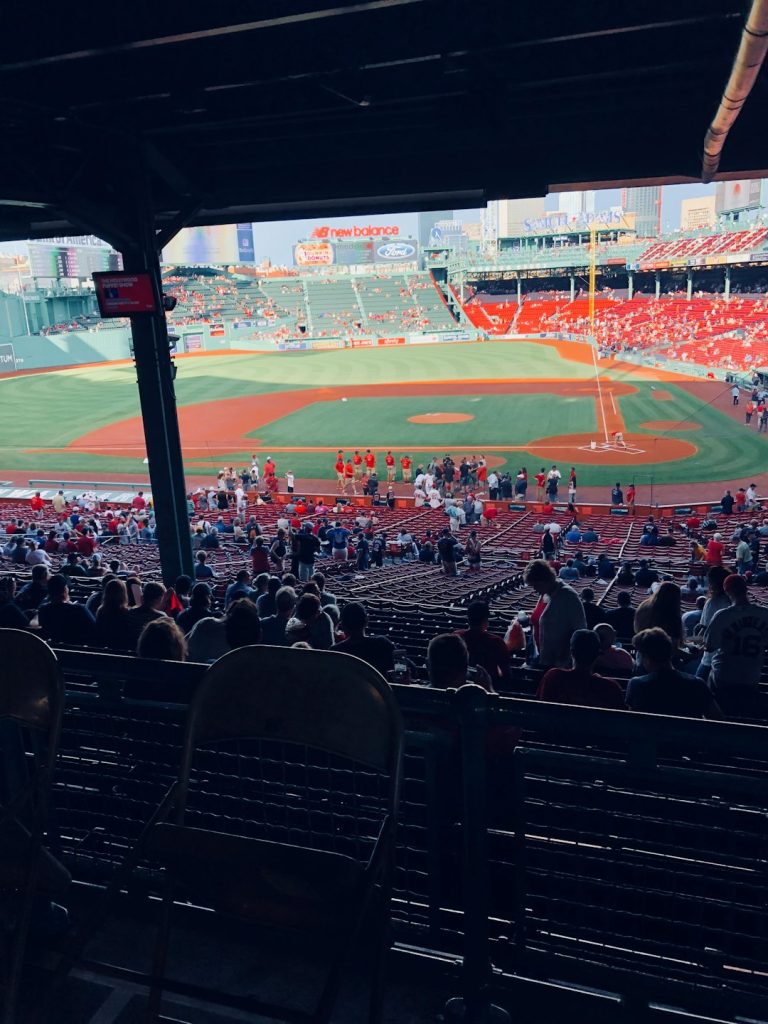In the heart of East Texas, where the oil wells rise like cathedrals of industry and small towns are stitched together by hard work and community pride, a baseball team emerged that would become a symbol of resilience, grit, and local spirit. The Wildcatters, once merely a semi-pro startup, grew into a beloved sports institution whose story now lives in the lore of regional athletics. Their journey from obscurity to legendary status wasn’t just built on talent—it was crafted by determination, unforgettable moments, and a fiercely loyal fanbase.
The Wildcatters were born in the early 1980s, at a time when independent baseball leagues were beginning to see a boom across America. Originally founded by a former minor-league pitcher and a group of local businessmen, the team was created as a weekend entertainment option with modest expectations. No one expected that within just a few years, they would become the pride of the region and a vital part of the community’s identity.
The Humble Roots of the Wildcatters
The team started as part of the Lone Star Independent Baseball League, a lesser-known but competitive circuit featuring players who had either missed the cut for larger organizations or were chasing one last shot at the big leagues. The name “Wildcatters” was chosen in honor of the local oil drilling pioneers who risked everything to strike black gold. It quickly became a fitting metaphor for the team’s risky ambition and unwavering spirit.
In their first few seasons, the Wildcatters played at a modest facility known as Mineral Springs Field, accommodating just over 1,000 fans. The bleachers were wooden, the hot dogs were two-for-a-dollar, and players were often spotted working part-time jobs at local hardware stores and diners to make ends meet. But something magical was taking shape.

Despite lacking amenities and big-name players, the team showed early signs of greatness. Under the leadership of coach Rudy “Rocket” Sanders, a passionate and eccentric man known for his unshakeable belief in small-town talent, the Wildcatters made it to the league semifinals in just their third season. Crowds doubled. Local radio stations began broadcasting games. And suddenly, people started whispering about the team with reverence.
The Golden Era: Mid-1990s to Early 2000s
The real glory years came between 1994 and 2003. During this stretch, the Wildcatters transformed from an underdog team into perennial contenders. Much of the credit goes to multiple marquee players who emerged from their ranks—none more notable than shortstop Darius “Flash” Manning, who earned a minor league contract with the Texas Rangers after three standout seasons with the Wildcatters.
The 1996 championship season remains one of the most iconic periods in Wildcatters history. With a combination of strong pitching, opportunistic base running, and community support that made every home game feel like a playoff, the Wildcatters clinched their first Lone Star League title. Their final series against the Tyler Timberjacks drew over 4,500 fans—a record crowd that required temporary bleachers, overflow parking at a nearby church, and food trucks called in from surrounding towns.

Kids wore Wildcatters caps to school. Local businesses proudly displayed team flags in their windows. Even decades later, fans still recall with goosebumps the bottom-of-the-ninth double that sealed the Game 7 victory—hit by none other than local hero and catcher Bobby “Boomer” Espinoza.
Community Impact and Cultural Significance
While the Wildcatters brought home trophies and produced talent for bigger leagues, their most enduring legacy lies in how they brought people together. During seasons of economic downturn and social shifts, a night at Mineral Springs Field offered a sense of joy and normalcy. Every summer, local kids looked forward to the free baseball clinics coached by real Wildcatters players. Friday theme nights, including Oilfield Night and Old School Jersey Night, became traditions rooted in the community’s calendar.
Over time, the franchise evolved from a baseball team into a pillar of regional identity. Schools invited Wildcatters players to speak at assemblies. Churches held special “Team Day” services. The mayor even declared June 15 as Wildcatters Day, commemorating their inaugural win in 1983.
Media attention helped cement their reputation. Sportswriters from as far as Houston and Dallas began covering Wildcatters milestones. Their classic powder-blue uniforms became collector’s items, and many former players found coaching opportunities or entrepreneurial paths thanks to their time with the team.
Today and Beyond
Today, the Wildcatters continue to thrive, although the landscape has changed. They now compete in a more structured league and have moved into a state-of-the-art stadium known as Wildcat Field. The once-scrappy dream has become a local enterprise, complete with merchandise shops, youth academies, and broadcasting deals. Even though many of the original figures have moved on, the culture persists.
Old alumni reunions, historic jersey nights, and ceremonies honoring past legends ensure that new fans understand the depth of the team’s history. For a town that once had little to rally around outside of oil and church picnics, the Wildcatters have become more than a team—they are a symbol of hope, pride, and generational storytelling.
Frequently Asked Questions
- Q: When was the Wildcatters baseball team founded?
A: The Wildcatters were founded in 1983 as part of the Lone Star Independent Baseball League. - Q: Where do the Wildcatters play their home games now?
A: The team currently plays at Wildcat Field, a modern stadium built to accommodate their growing fanbase. - Q: Who are some of the most iconic players in Wildcatters history?
A: Notable players include Darius “Flash” Manning, Bobby “Boomer” Espinoza, and pitcher Ray Delgado. - Q: How can I purchase tickets or merchandise?
A: Tickets and Wildcatters merchandise are available through the team’s official website and at the Wildcat Field box office. - Q: Do the Wildcatters offer youth programs?
A: Yes, the team hosts summer baseball clinics and year-round training camps for local youth. - Q: Are the Wildcatters affiliated with any major league team?
A: The Wildcatters remain independently owned but have produced several players who’ve signed with MLB organizations.
In the end, the story of the Wildcatters is less about wins and losses and more about what a baseball team can mean to a town. Season after season, inning after inning, the Wildcatters have shaped a legacy that proves sometimes, the fiercest teams don’t come from the big cities—they rise from the small fields where legends are born under summer skies.
